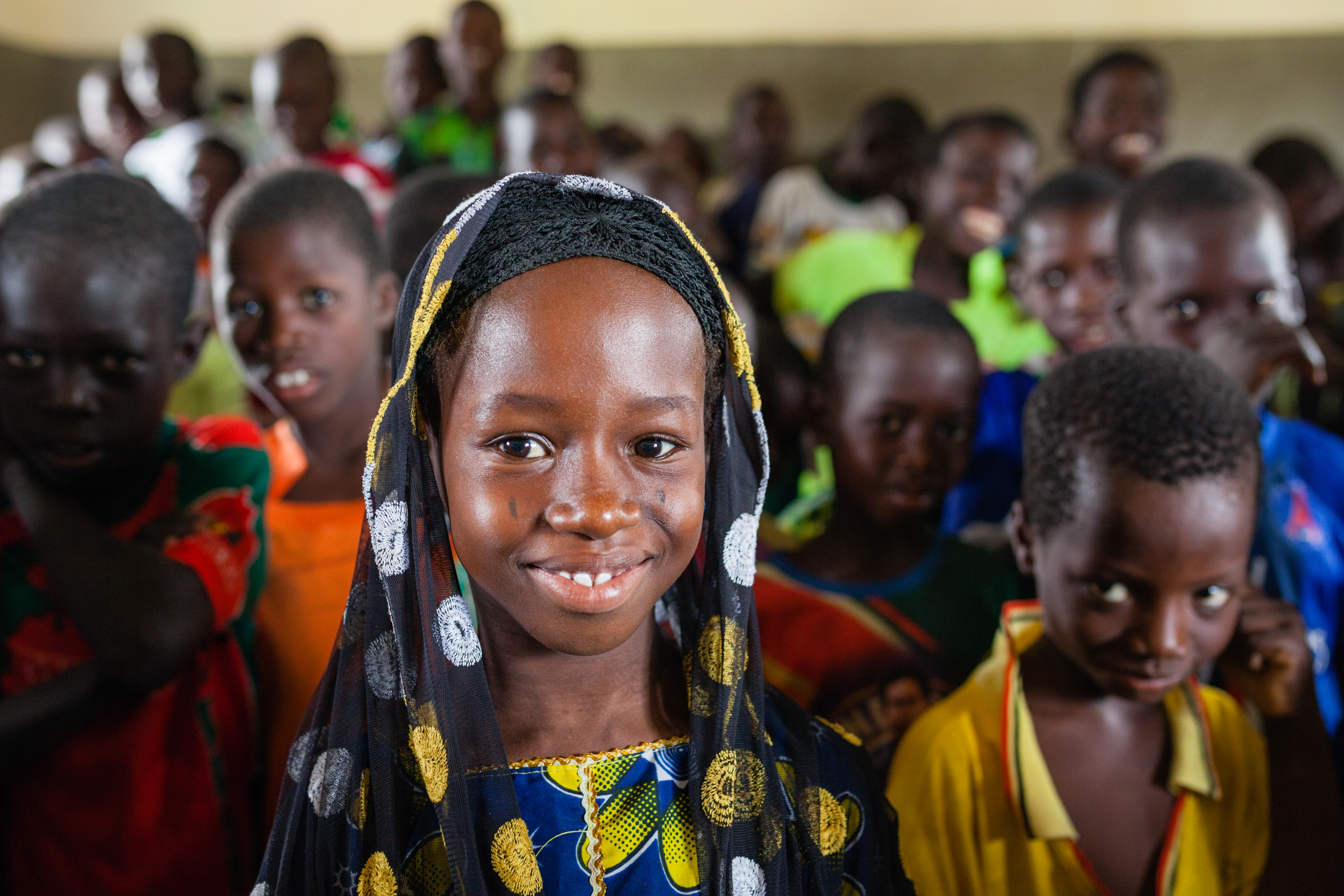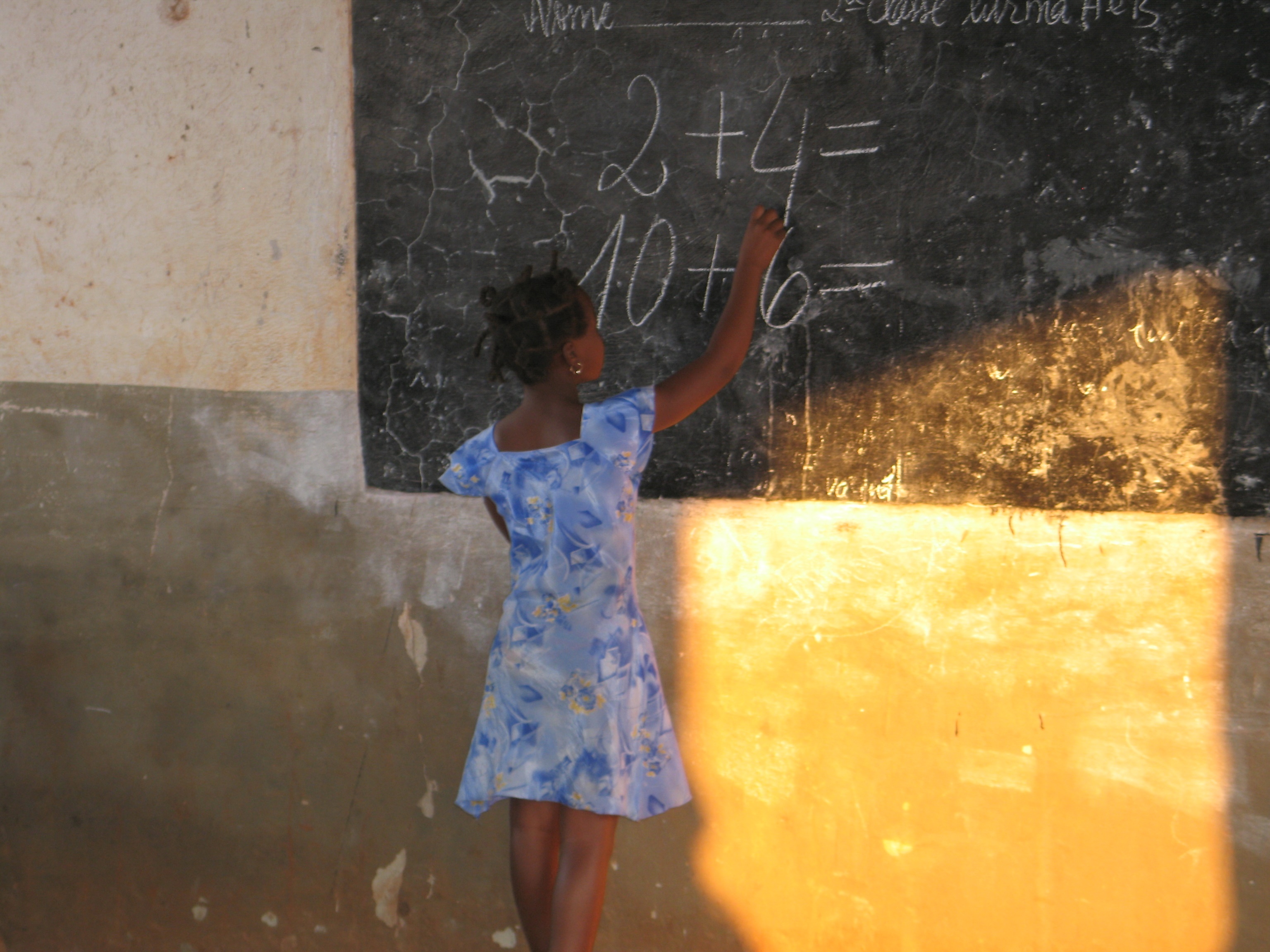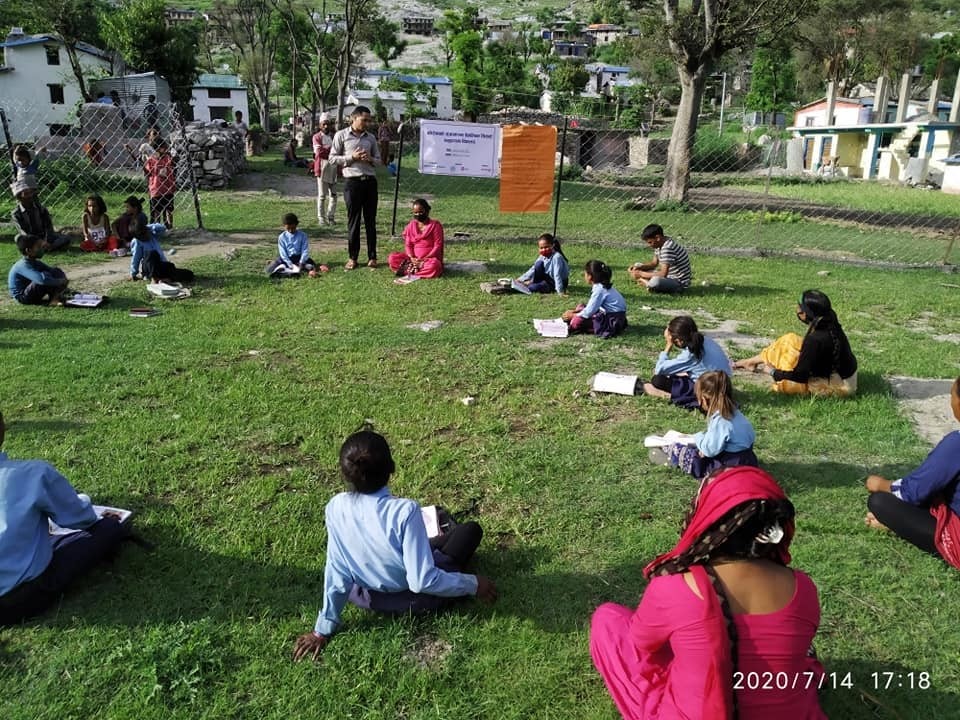Publication: EOL Status Report - January 2021
During the Covid-19 pandemic, millions of children´s access to education has been affected by lockdowns, and the quality of education has suf¬fered when education systems have relied on home-schooling. It is often children living in poor families and in rural areas that are hit the hardest. Particularly girls are affected due to child labour, domestic work, violence and sexual exploitation and due to the systematic discrimination and contin¬uous undervaluation of their education. There is an increased need for promoting that marginalized groups are taken into account when emergency education is planned for. And on a broader level, there is an increased need to promote that national public education systems count on resources generally, and particularly in this situation where the systems need to be able to catch-up.
Working adaptively
EOL currently supports National Education Coalitions (NECs) in 52 countries. These coalitions work to gather the voices of diverse marginalized groups often discriminated against in education systems. They are continuously active and constructive participants in discussions on how to secure that valuable education years are not lost and that the education system does not widen further the gap between rich and poor school children.
The coalitions are contributing to important policy discussions at different levels, and have influenced guidelines for school constructions, regulations for assuring female adolescents’ right to education as well as the right to education for persons living with disabilities and much more. They have also been active participants in discussions of Covid-19 responses and safe re-opening of schools. The Covid-19 crisis is however creating many challenges for the coalitions, so they are constantly seeking alternative ways of working to reach their expected results while they have also had to adapt imple¬mentation plans.
Getting new partners on board
While the National Education Coalitions funded under EOL Operational Component 1 are in full swing with the implementation of their projects, EOL Operational Component 2 grantees are also coming on-board. The Operational Component 2 grantees seek to increase the transparency and accountability of national education sector policy implementation at local and national levels.
Additionally, EOL also provides grants to transnational civil society alliances – funded under EOL Operational Component 3 – that help to create a stronger global, regional, and transnational enabling environment and create synergy between global, regional, and national level advocacy strategies. In the EOL Status Report – January 2021 you can find more information about the progress of the EOL Programme.
Read more about the EOL Programme status in the report here
The EOL Programme
- The Education Out Loud (EOL) Programme runs from April 2019 – December 2024 and is funded by the Global Partnership for Education (GPE).
- 52 National Education Coalitions are currently funded by EOL through Operational Component 1 (OC1) which aims to strengthen national civil society engagement in education planning, policy dialogue, and monitoring. Explore more about the National Education Coalitions here.
- 20 civil society organisations have been shortlisted to undergo the EOL Year Zero process under Operational Component 2 (OC2) which aims to strengthen civil society’s roles in promoting the transparency and accountability of national education sector policy and implementation. Explore more about the first 10 civil society organisations here.
- 20 transnational alliances have been shortlisted to undergo the EOL Year Zero process under Operational Component 3 (OC3) which aims at creating a stronger global and transnational enabling environment for national civil society advocacy and transparency efforts. To date, 4 of these alliances have been granted a full implementation grant. Additionally, Global Campaign for Education (GCE) has been awarded a grant under OC3.


